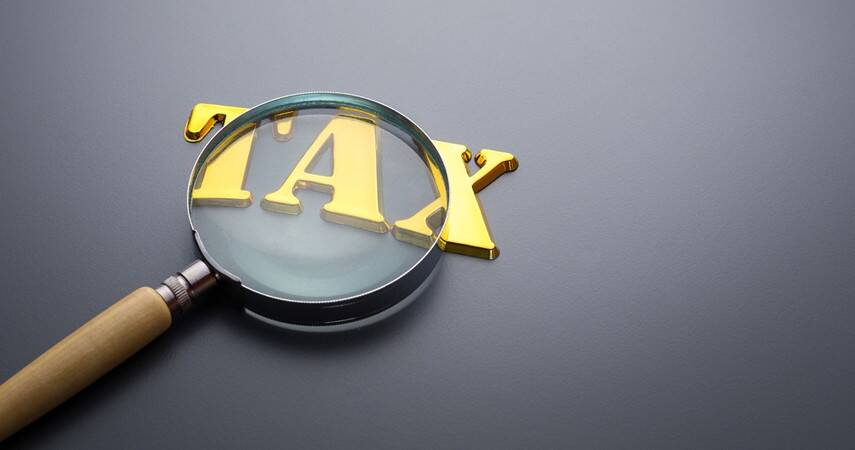There are tax implications of converting an asset from one form to another. For example, converting capital asset to a business asset will have a tax implication. Budget 2018-19 has proposed some changes when one will convert business asset to capital asset and vice versa.
Before discussing the new tax implication, let’s first discuss the current tax implication for converting capital asset to business asset. According to the current provision, if a person wants to convert their asset, then the fair market value of the asset on the day of conversion is taken as the value of computation of capital gains on such conversions. The law does not require a person to pay the tax for the converted asset in the same year. The taxation of profits of such converted asset is postponed until the asset is sold.
Hence, the profit from the sale of a converted asset is divided into two parts
- The difference between the fair market value and the cost of the asset at which it is sold is treated as the capital market gain and is taxed on short term or long term, based on how long it has been held.
- The difference between the fair market price and selling cost of the asset on the date of selling is treated as the business profit and is taxed under the ‘Profit and Gains of Business or Profession’.
The current provision in the Budget
This is going to cost the developers heavily when they decide to sell out the unsold inventory as these may be treated as the conversion of the stock in trade to a capital asset. When the developer sells his property, it will be treated as a capital asset; he will have to pay the capital tax gain on the appreciation between the date of such conversion and actual date. For computing the appreciation, the fair market on the date will be taken as the cost. If the property is held by the developer for more than two years, then it will be treated as a long-term capital gain and will be taxable at 20.80 percent. However, there are some benefits of indentation that the developer is entitled too.







